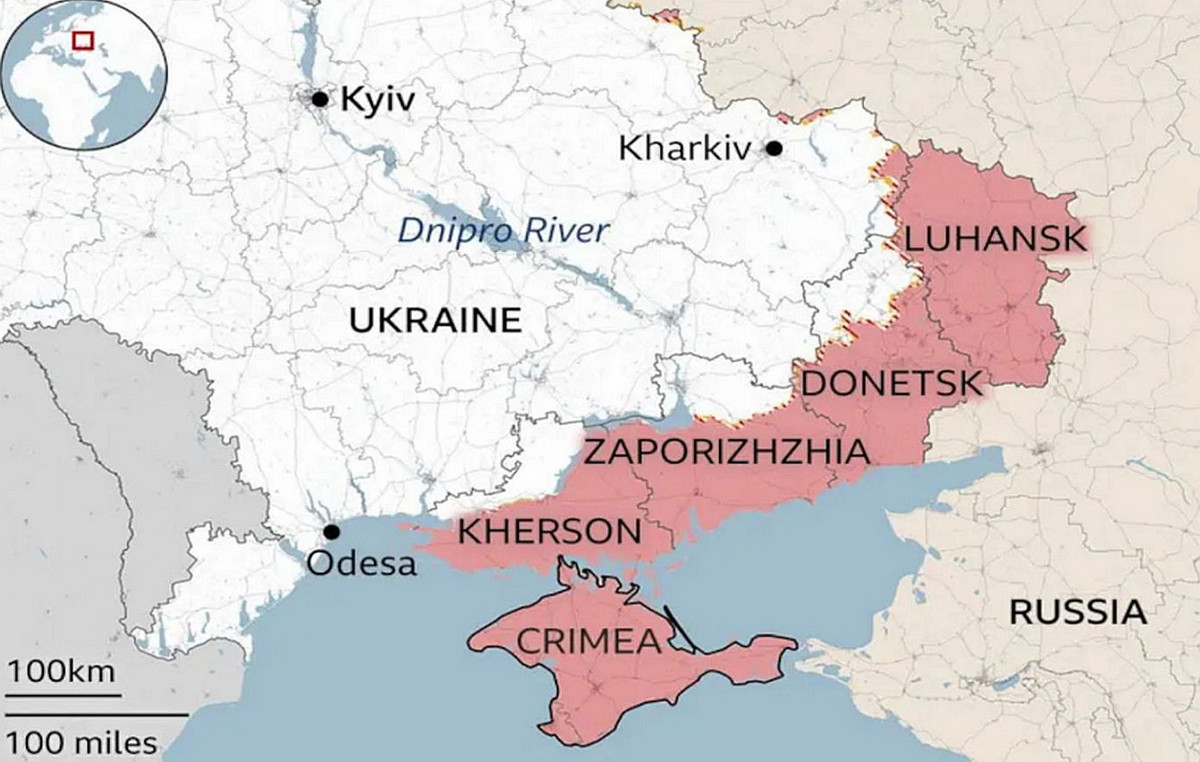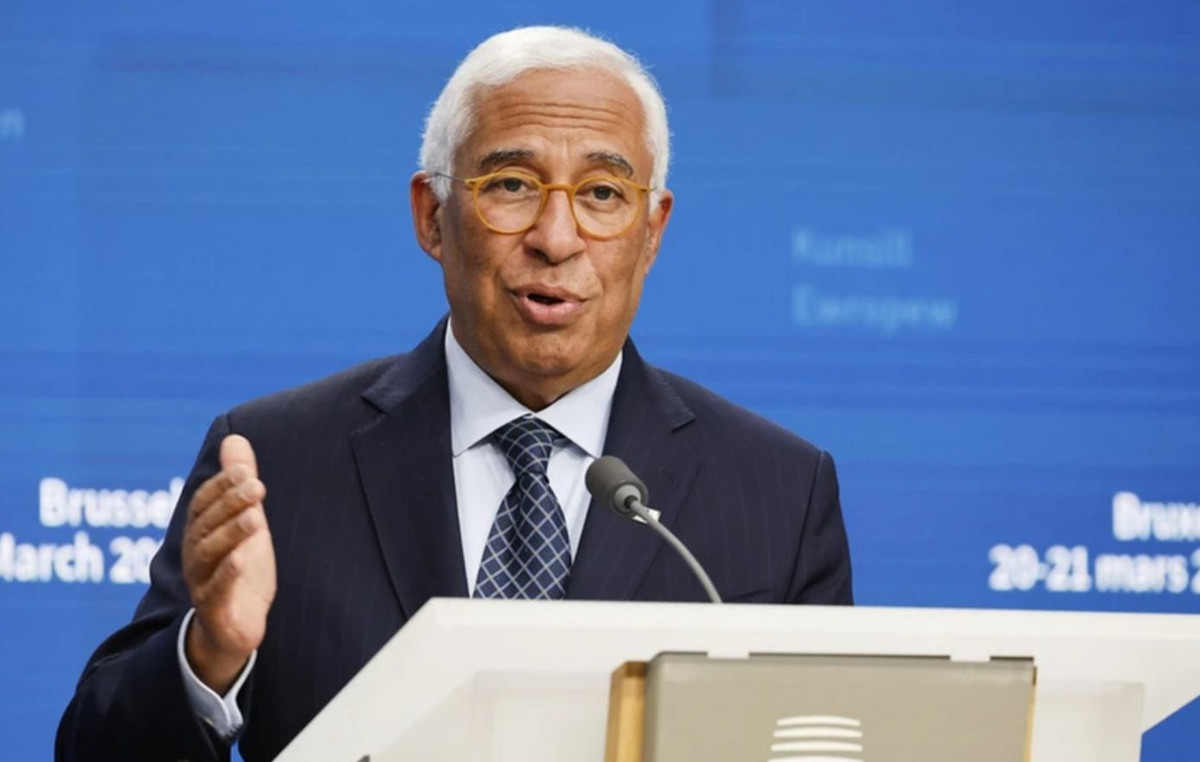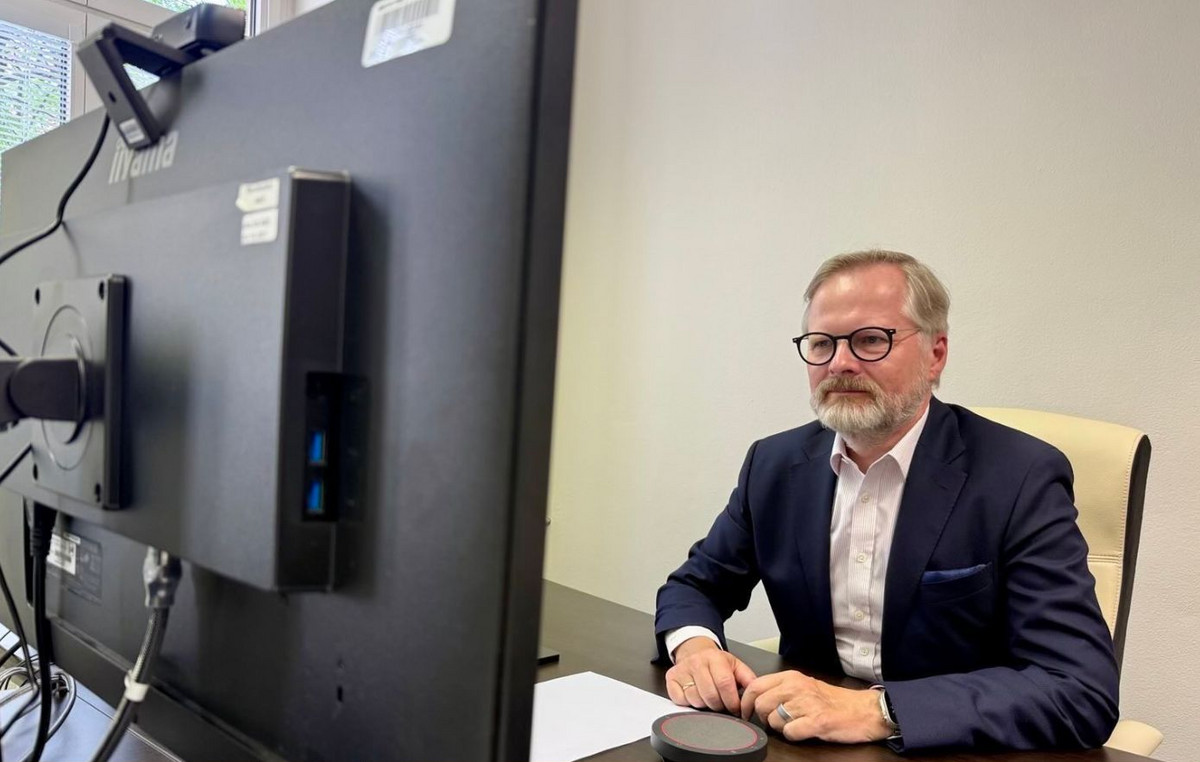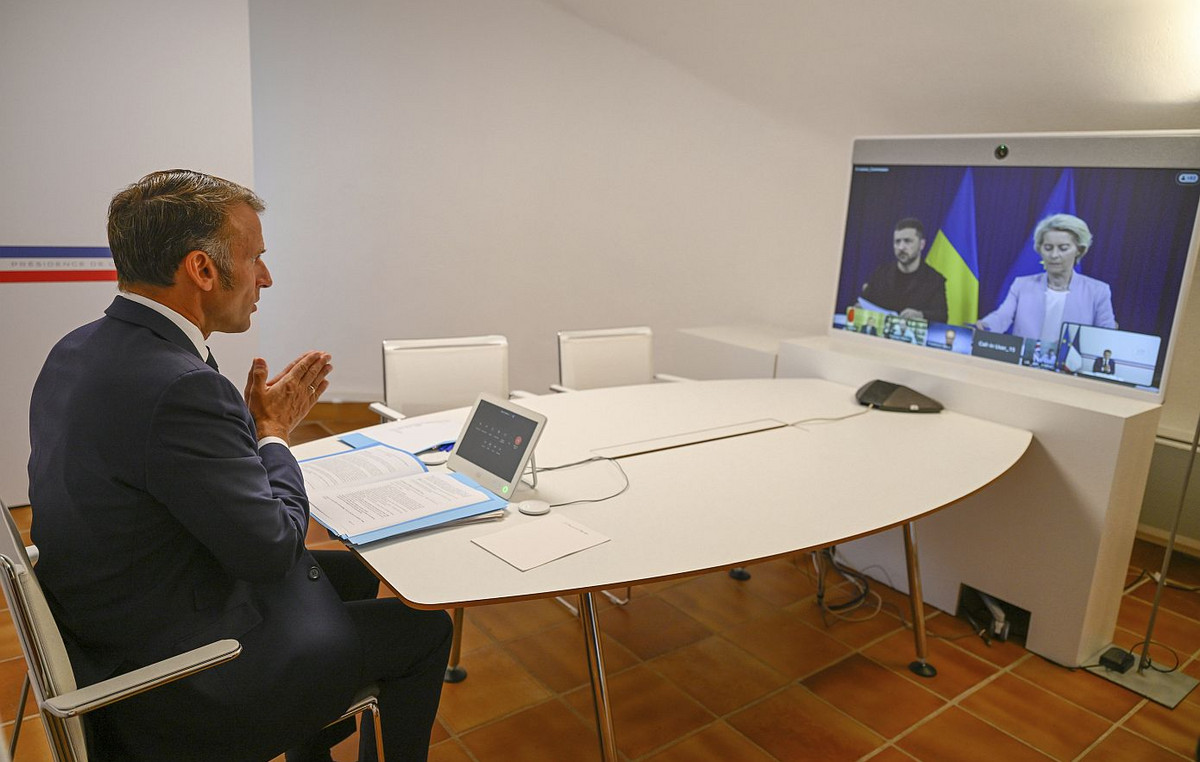In-person classes in the public network of 73.7% of Brazilian cities have not yet returned. This is what a survey by the National Confederation of Municipalities (CNM) points out, released this Friday (4).
The fear caused by the Ômicron variant and the expectation for greater coverage of childhood vaccination are the reasons for the caution in the return, points out the study. The data were compiled between January 31 and February 3, based on the response of 1,800 municipalities.
The document also shows that one in ten Brazilian cities still does not have any forecast for the return of face-to-face classes, due to expectations about the epidemiological scenario in the region.
For the specialist at the Oswaldo Cruz Foundation (Fiocruz), Raphael Guimarães, childhood vaccination is essential for the resumption of face-to-face activities in teaching units.
“In loco activity induces greater agglomeration. Vaccinating children is an absolute priority for this return to be safe. Many countries put classes as one of the last activities that should return in person”, said Raphael Guimarães.
With the aim of accelerating the face-to-face return, the CNM survey shows that 96% of cities have already started to vaccinate children aged 5 to 11 years. However, almost 20% of the municipalities are short of immunizations.
Regarding the mandatory immunization for the student’s enrollment in the municipal network, 21% of city halls say they will charge the vaccine passport. Already 26.6% said they will not require proof, while 51% of Brazilian cities are still analyzing the possibility.
Despite the concern about Covid-19, the Brazilian Association of Early Childhood Education (Asbrel) issued a note to CNN highlighting the importance of returning to school. According to the statement, the deprivation of face-to-face contact is ‘very’ harmful to younger children.
“It is at school that children have their first contact with society, outside the home environment. School is not just a place of pedagogical learning. In the case of Early Childhood Education in particular, it represents a space for socialization and interrelationships”, explained Frederico Venturini, vice president of Asbrei.
Source: CNN Brasil







